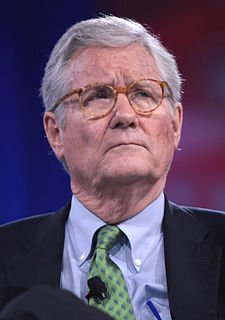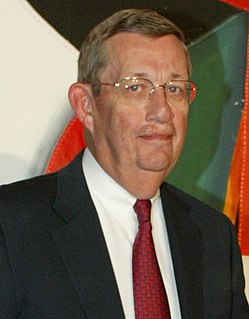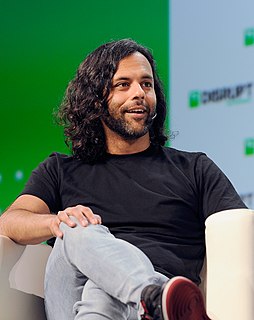A Quote by Jeane Kirkpatrick
There is no pure free-market economy.
Quote Topics
Related Quotes
What is it about a work of art, even when it is bought and sold in the market, that makes us distinguish it from . . . pure commodities? A work of art is a gift, not a commodity. . . works of art exist simultaneously in two “economies”, a market economy and a gift economy. Only one of these is essential, however: a work of art can survive without the market, but where there is no gift, there is no art.
It is eminently possible to have a market-based economy that requires no such brutality and demands no such ideological purity. A free market in consumer products can coexist with free public health care, with public schools, with a large segment of the economy -- like a national oil company -- held in state hands. It's equally possible to require corporations to pay decent wages, to respect the right of workers to form unions, and for governments to tax and redistribute wealth so that the sharp inequalities that mark the corporatist state are reduced. Markets need not be fundamentalist.
My father always said 'There's no free lunch.' My father was right. There's no free lunch and there's no free market. The market is rigged, the market is always rigged, and the rigging is in favour of the people who run the market. That's what the market is. It's a bent casino. The house always wins.








































